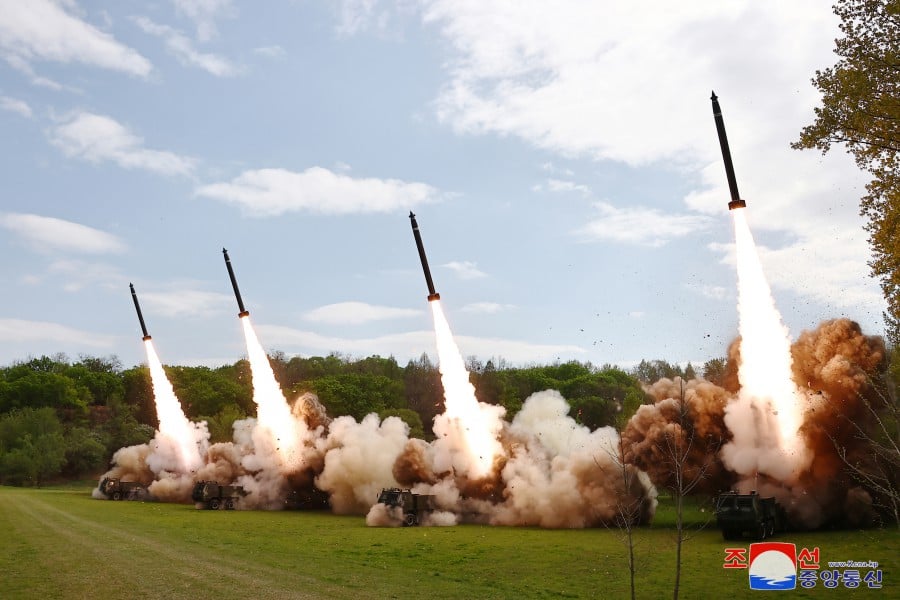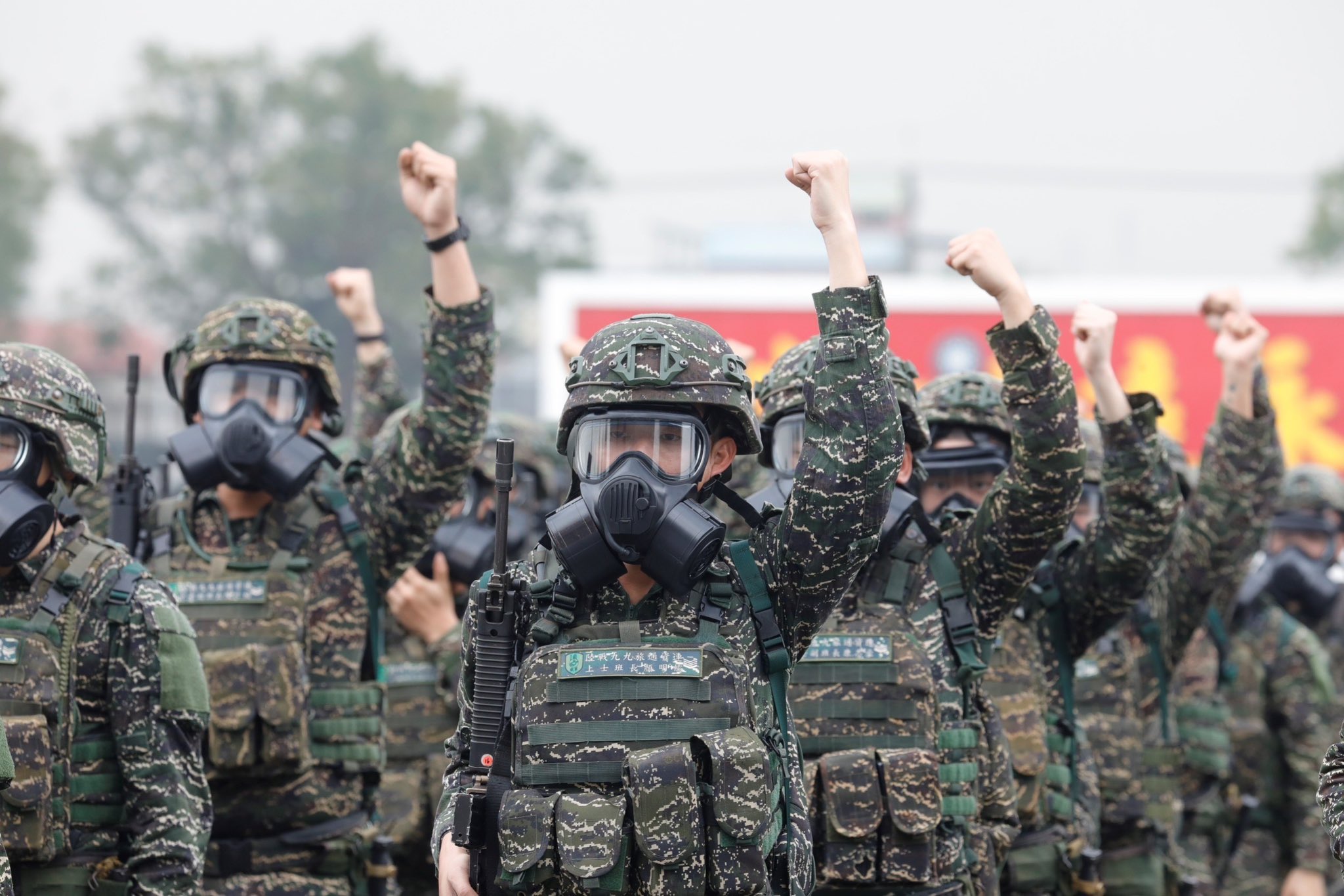
Russia’s President Vladimir Putin has been surprised by the continuing unity between the European Union and the United States in keeping economic and diplomatic pressure on Russia for its seizure of Crimea and continued meddling in Ukraine, three experts on Eastern Europe said Wednesday.
Speaking at the Center for Strategic and International Studies, a Washington, D.C., think-tank, Niels Annen, a member of the German Bundestag, said Russia expected the European countries to drift apart over time and pursue their own policies and interests.
“We also kept open the avenues for dialogue with Russia” in what will “keep us busy over the next years.”
Sir Andrew Wood, a former British ambassador to Russia and now a fellow at the London-based think-tank Chatham House, said under Putin Russia has evolved into an authoritarian state. “The nature of Putin and Putinism is something like . . . [and] Yalta II isn’t going to work,” referring to the World War II agreement by the United States, the United Kingdom and Soviet Union of spheres of influence for the major powers in Europe.
“Can Putin change? He probably cannot.”
Wood’s colleague at Chatham House, Keir Giles, said Russia under Putin “reverted to its default settings” in relationship to its neighbors. He and Wood expressed doubts over the second Minsk agreement—to cease fighting between Ukraine and Russia—being effective even in the short term.
“I think we are being forced” to arm the Ukranians with defensive weapons because “the Russians are moving down that road” of continued military conflict, Wood said. Later he added, “Russia could stop [the flow of men, arms and its own soldiers into Ukraine] straight away.” Minsk II gives the Russians too many chances to point the finger at Ukraine and blame it for violations.
Giles added, “While we re-set, they re-arm.” He added “Russian behaviors have not changed,” but its ability to back those behaviors up with military muscle has.
“Russia is not an ordinary country,” Annen said. “It is a big power” with nuclear weapons. He suggested the West needs “to take into account Russia’s security interests.” But Giles said Russia sees its security interests “extending several hundred miles beyond its borders,” threatening the Baltic states, Poland, Georgia, Moldova and Ukraine.
While the nuclear weapons modernization program is more limited than was predicted, Russia has stepped up its rhetoric on possible use of these weapons. Wood cited recent comments of the Russian ambassador to Denmark saying nuclear weapons could be used on the Danish fleet in case of war. “It actually is a very stupid way of talking.”
He added, “Do we [the Russian people] really like it when the president talks about nuclear weapons?”
Annen said the Minsk agreement at least keeps the channels of communication open between Russia and Ukraine. “It is not much; it is something.”
“The question is dialogue with whom” and over what, Wood said. “Putin is a serial liar.”
While defense spending in a number of NATO countries is expected to rise above 2 percent of gross domestic product in the coming year, Giles said that metric needed to change. The spending level was set before the crisis in the Ukraine began. In some cases, the increased spending is going toward military pensions and not modernized weapons.
Annen said few in Europe or the United States realize the potential impact of a recently signed agreement between the EU and Ukraine over economic development and what each party has committed itself to doing under that accord. “This country is in an extremely difficult position” militarily, economically and in fighting corruption.
Looking to a future Ukraine, he said, “Joining a club [NATO or the EU] is not solving a problem.” He specifically cited as examples Romania and Bulgaria, struggling nations that are members of both organizations.





